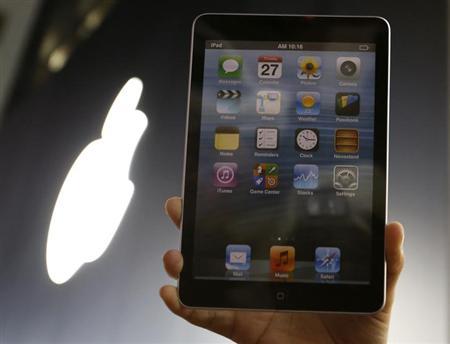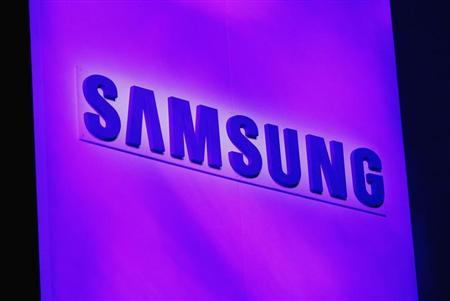 Apple Inc hiked prices of iPads and iPods in Japan on Friday, becoming the latest and highest-profile brand to join a growing list of foreign firms asking Japanese consumers to pay more as a weakening yen squeezes income.
Apple Inc hiked prices of iPads and iPods in Japan on Friday, becoming the latest and highest-profile brand to join a growing list of foreign firms asking Japanese consumers to pay more as a weakening yen squeezes income.
The yen has fallen more than 20 percent against the U.S. dollar since mid-November when then-opposition leader Shinzo Abe prescribed a dose of radical monetary easing to reverse years of sliding consumer prices as part of a deflation-fighting policy, dubbed “Abenomics.”
The Bank of Japan, under a new Abe-backed governor, in April promised to inject $1.4 trillion into the economy in less than two years to achieve 2 percent inflation in roughly two years.
Price rises are rare in Japan, which has suffered 15 years of low-grade deflation. A few other foreign brands have also raised prices on products, providing an early sign of inflation for Abe and an indication that these companies feel consumer demand is strong enough to withstand the increases.
Still, price rises would have to spread much more widely, especially to lower-end discretionary goods, to show that Abe’s aggressive policies are helping reflate the economy.
Apple, one of the most visible foreign companies in Japan, raised the price of iPads by up to 13,000 yen ($130) at its local stores. The 64 gigabyte iPad will now cost 69,800 yen, up from 58,800 yen a day ago, an Apple store employee said. The 128 gigabyte model will cost 79,800 yen compared with 66,800 yen.
Apple also upped prices of its iPod music players by as much as 6,000 yen and its iPad Mini 8,000 yen.
Mobile phone network operators SoftBank Corp and KDDI Corp, which offer iPhones and iPads at their stores, said they had not yet decided on whether to ask its customers to pay more.
By raising prices amid a weakening yen, Apple joins luxury jewelry maker Tiffany & Co, which recently raised its prices even as sales jumped by 20 percent in Japan in local currency terms during the first quarter.
More recently, German appliance maker Miele raised prices of some products, such as its dishwashers, because of the weaker yen. Volkswagen AG, the biggest foreign car company in Japan, this month also increased the recommended prices of 14 car models by an average of 1.5 percent.
Pressure too is mounting on Japanese companies that shifted production overseas under a stronger yen and now import products to sell at home.
Speaking to investors on Thursday, Kazunori Takami, the head of Panasonic Corp’s appliance business, said his company would have to consider shifting production of washing machines and other appliances sold in the domestic market back to Japan if the yen-dollar rate weakened to beyond 105 yen.
Source : Reuters




































